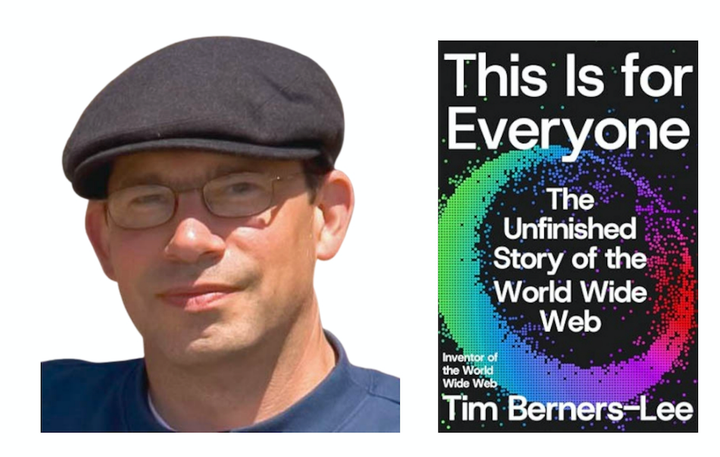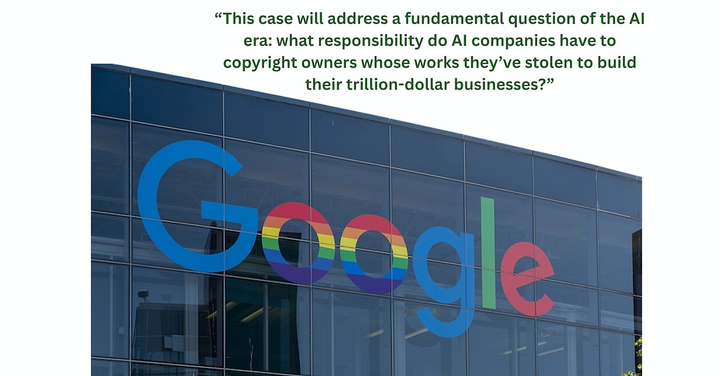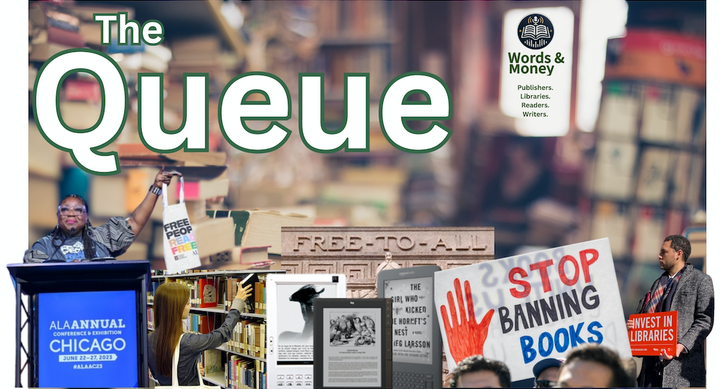Connecticut Passes Library E-Book Legislation
“The Connecticut bill essentially restores the right to negotiate, so libraries aren’t forced into take-it-or-leave-it digital deals," said Ellen Paul, executive director of the Connecticut Library Consortium.

More than three years after a federal judge struck down Maryland’s first-of-its-kind library ebook legislation over copyright issues, Connecticut this week became the first state to pass a new library ebook law.
On May 15 the Connecticut House of Representatives passed Senate Bill 1234 by 106-38 margin, a week after the state senate passed the bill by a 35-1 margin. The bill now heads to governor Ned Lamont’s desk.
If it becomes law, the measure would bar Connecticut libraries from entering into contracts with terms that run counter to the library’s mission. And crucially, supporters say, by focusing on the library’s contracts, the bill avoids the copyright issues that saw Maryland’s effort overturned in court.
“The Connecticut bill essentially restores the right to negotiate, so libraries aren’t forced into take-it-or-leave-it digital deals, and prevents contracts that impose intentionally restrictive terms, such as unreasonably short lending periods or artificial caps on usage,” Ellen Paul, executive director of the Connecticut Library Consortium, told Words & Money. “We are not telling publishers how to price their works. We are asking for a variety of licensing options. We are hoping that this bill spurs a conversation with publishers on an approach to ebook licensing that balances the needs of libraries and publishers.”
One of the key provisions of the bill would prevent publishers from insisting on licenses that impose both lending limits and time restrictions. Currently, several major publishers offer terms that allow for a set number of lends with a one or two-year expiration date, whichever comes first—a practice that libraries have long derided as unfair and inefficient. Under the Connecticut bill, libraries can agree to a time restriction or a set number of lends, but not both. Furthermore, publishers who offer metered licenses must also offer an option for perpetual use or pay-per-use on “commercially reasonable” terms.
Notably, the bill also includes two interesting clauses that govern its implementation. One clause makes the law’s various terms “severable,” meaning that if the bill is challenged in court, the court can strike down certain provisions without striking down the entire law. And the bill also includes a trigger clause for its effective date: the law would not take effect until one or more states with a combined population of at least seven million people also pass similar legislation.
“The problem with library ebook licensing is so much larger than Connecticut,” Paul said when asked about the trigger clause. “We need other states to follow Connecticut’s lead and the roadmap we just laid out. This legislation isn’t just about libraries, it’s about standing up for your town, your budget, and your taxpayers.”
It’s unclear when the Connecticut law might take effect. At present, several states have been considering similar legislation, but only New Jersey—which with a population of nearly 10 million would meet the threshold and trigger the bill into action—appears on track to introduce a bill this summer.
Meanwhile, the bill’s passage is being hailed as victory by the eBook Study Group, a national coalition of legal and policy experts focused on fair digital access for libraries, which formed after the Maryland bill was struck down.
“This vote is a major step forward for libraries,” said Kyle K. Courtney, founder of the eBook Study Group, who said the Connecticut bill was the result of “years of research and legal analysis” across multiple states. “Our team developed this eBook legislative model to ensure public funds are used effectively and that libraries can fulfill their mission of access—without being hamstrung by restrictive license terms,” Courtney said.
In a statement, Connecticut state librarian Deborah Schander praised the bill’s passage. "The State Library joins the Connecticut library community in celebrating the passage of this landmark legislation," Schander said. "The ability to negotiate better licensing terms for ebooks and e-audiobooks is vital to libraries' mission to serve our communities and use the taxpayer dollars entrusted to us."
Juliya Ziskina, a policy lead with the eBook Study Group called the passage of the bill “a national breakthrough,” and thanked Connecticut lawmakers for their leadership. “We’re already working with lawmakers in several other states to carry this model forward,” she said.
While the major publishers have strongly opposed ebook legislation in past years, this year’s opposition was less vocal, Paul told Words & Money. Still, she adds, the state does expect the major publishers will push back, possibly in court.
“But over the last four years, our message to publishers has been really clear: Libraries are not your competitors—they are your most powerful and enduring marketing force,” Paul said when asked about the potential backlash from the major publishers. “Very few industries offer free, lifelong promotion like libraries do. We put your books in front of readers of every age and background, without asking anything in return. If you’re a successful author, chances are a library introduced someone to your work. This law doesn’t threaten that relationship—it protects and modernizes it.”


